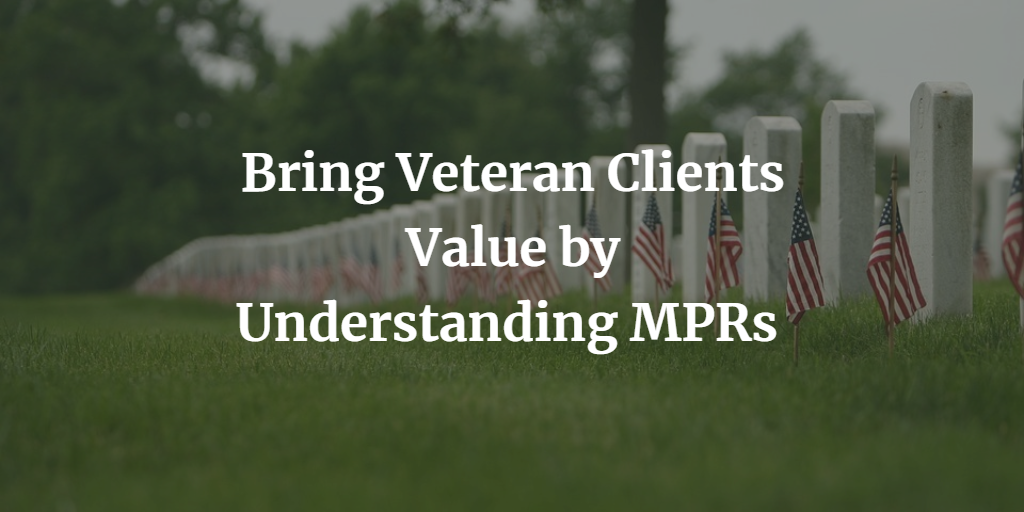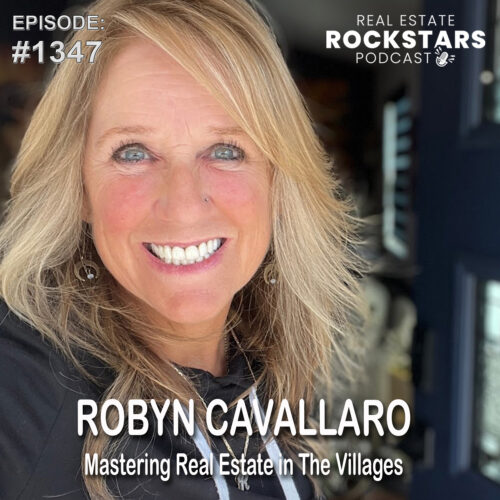Happy Veterans Day!
As a real estate agent, one of the most rewarding experiences you can have is helping a veteran find a great place to call home.
But getting through the VA’s appraisal process can be a deal-breaking nightmare – if you don’t know how it works. With this article, based on a great discussion with Navy veteran and agent Phil Capron, I hope to shed some light on common loan-approval issues you can help veteran clients avoid.
For an in-depth overview of VA loans, listen to the podcast below. In it, Capron breaks down the benefits of VA loans, explains how VA appraisals work, and offers great advice on working with current and former servicemembers.
Oh, and if you’re a veteran, definitely give the interview a listen as Capron also shares several strategies for leveraging the power of VA loan eligibility to make millions in real estate.
Minimum property requirements
When working with veteran home buyers, it’s essential that you understand the VA’s appraisal process.
Unlike the appraisal process for a conventional loan, the VA isn’t just looking to determine the home’s fair market value. VA-certified appraisers are also required to ensure that the home meets the VA’s Minimum Property Requirements (MPRs).
A few common MPR-related problems that could cause issues with VA loan approval include:
Roof defects
Roofs must have at least five years of remaining useful life. Homes that have an active roof leak or evidence of moisture penetration will, in all likelihood, be flagged for required repairs.
Defective paint
For homes built prior to 1978, paint defects can be a big problem. Cracking, chipping, or loose paint on pre-1978 homes will require correction as the VA will assume the paint is lead based.
Mechanical issues
The VA requires a home’s mechanical systems (furnace, water heater, etc.) to be safe and “have reasonable future utility.” If you see signs of problems with a home’s mechanical systems, know that they could be flagged by the appraiser for required repairs.
When touring a home with a veteran buyer, keep an eye out for items that the appraiser will likely flag. If you notice issues and know that the seller is unwilling to make required repairs, it might be in your client’s best interest to pursue another loan option or to continue their home search.
For more details on MPRs, read the Department of Veterans Affairs’ Compliance Inspector Guide.
Bring value to veteran home buyers
It’s essential that agents serving veterans understand what it takes to get VA loans approved.
If you aren’t familiar with the process, get familiar. You don’t need to know everything (that’s the loan officer’s job), but you do need to know enough to avoid wasting clients’ time on properties that clearly won’t meet the VA’s requirements.
And while it may take some time to get a handle on how VA loans work, it’s well worth the effort.
Not only is it rewarding to serve those who served, veterans are extremely loyal to those who take care of them. Ensure your veteran clients have a great home-buying experience and you can expect repeat business and referrals for years to come.
To learn more about working with veteran home buyers and get additional details on VA loans, listen to Phil Capron’s podcast interview.






